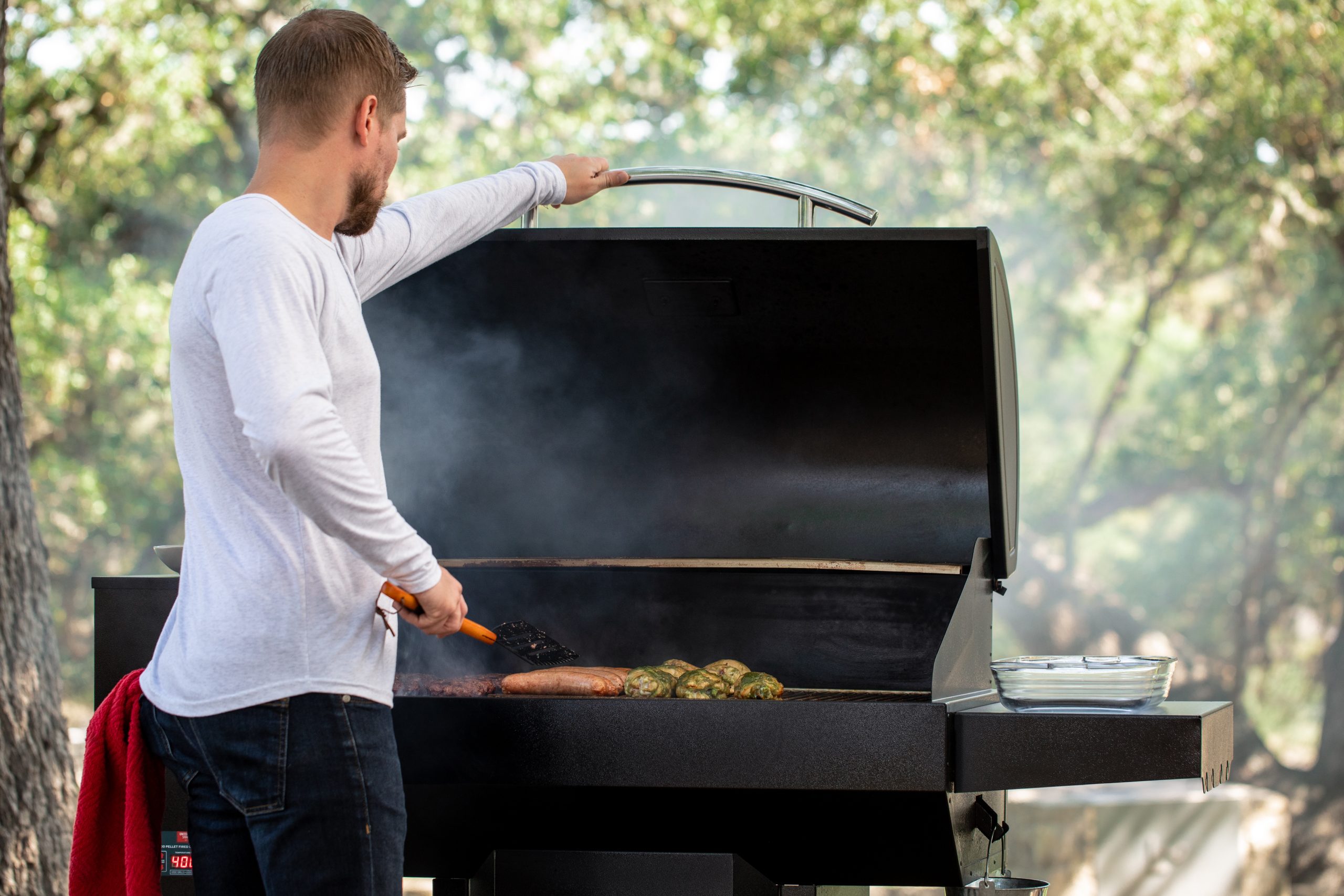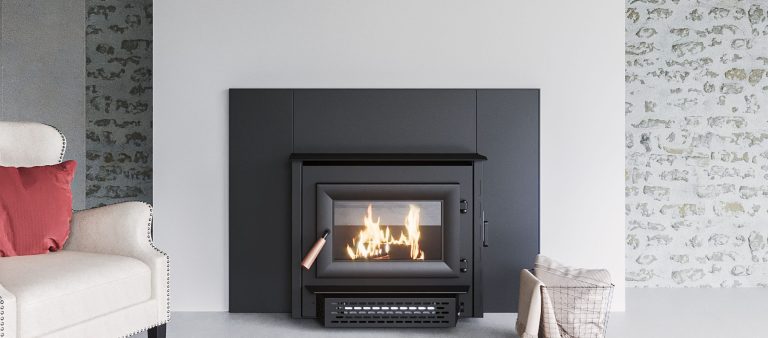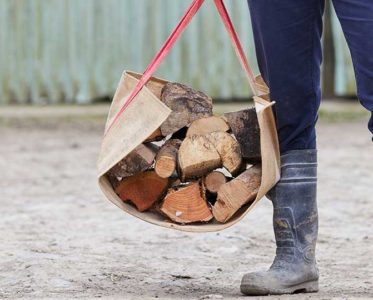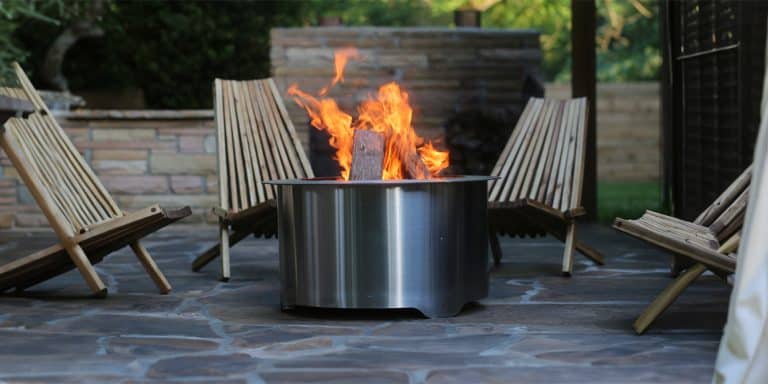If you’re passionate about grilling, you’ve probably heard about pellet grills and their rising popularity. But what exactly are pellet grills, and why are so many backyard chefs making the switch? In this guide, we’ll break down how pellet grills work, explore their benefits, and compare them to traditional gas and charcoal grills.
How Pellet Grills Work
Pellet grills are a modern grilling innovation that combines the best of smoking, grilling, and roasting. At their core, pellet grills use small, compressed wood pellets made from sawdust as fuel. These pellets are loaded into a hopper, and a motorized auger feeds them into a fire pot where they burn to produce heat and smoke.
Here’s a quick breakdown of the process:
- Pellet Hopper: Holds the wood pellets, typically ranging from 10 to 20 pounds depending on the grill size.
- Auger System: An electric motor slowly pushes pellets from the hopper into the fire pot.
- Fire Pot and Igniter: Pellets ignite via an electric hot rod igniter, creating a controlled flame.
- Fan and Temperature Control: A fan circulates heat and smoke inside the cooking chamber, maintaining consistent temperatures.
- Digital Controller: Most pellet grills feature a digital control panel allowing you to set precise cooking temps, from low-and-slow smoking around 180°F to high-heat grilling above 500°F.
This technology allows pellet grills to deliver steady, even heat and rich smoky flavor without constant tending.
Benefits of Pellet Grills
1. Deep Flavor from Real Wood Smoke
One of the biggest draws of pellet grills is their ability to infuse food with authentic wood-fired flavor. Unlike gas grills, which produce little to no smoke, pellet grills burn natural wood pellets that release aromatic smoke as they combust. You can experiment with different wood types, like hickory, apple, or mesquite, to complement various foods.
2. Even Heat Distribution
Pellet grills use fans to circulate heat evenly throughout the cooking chamber. This means fewer hot or cold spots compared to charcoal or gas grills, resulting in perfectly cooked meats and vegetables every time. Precise temperature control makes it easier to master low-and-slow smoking or fast, high-heat grilling.
3. Eco-Friendly and Efficient Fuel
Wood pellets are made from compressed sawdust, a byproduct of the lumber industry, making them a renewable, eco-friendly fuel source. Pellets burn cleaner than charcoal or propane, producing less ash and fewer emissions. Additionally, pellet grills tend to be fuel-efficient, using less pellet material for longer cook times.
4. Convenience and Versatility
Modern pellet grills combine the convenience of gas with the flavor of charcoal. You don’t have to manually tend the fire, adjust vents, or add fuel during cooking. With digital controls, you simply set the temperature and let the grill handle the rest. Pellet grills also double as smokers, ovens, and even pizza ovens, making them versatile outdoor cooking tools.
Pellet Grills vs. Gas and Charcoal Grills
Gas Grills
Gas grills are popular for their fast heating and ease of use. They run on propane or natural gas and typically reach high temperatures quickly, great for searing steaks and burgers. However, gas grills lack the smoky flavor that wood or charcoal imparts, and heat distribution can be uneven depending on the grill design.
Charcoal Grills
Charcoal grills are beloved by traditionalists for the distinct smoky taste they add to food. Lump charcoal and briquettes produce intense heat and smoke, which can be adjusted by controlling air vents. But charcoal grilling requires more attention, managing coals, tending the fire, and dealing with ash cleanup. Heat control is less precise, making it harder for beginners to master.
Pellet Grills
Pellet grills offer a balance between gas and charcoal. They provide authentic wood smoke flavor and precise temperature control with less effort. Pellet grills are excellent for low-and-slow smoking and indirect cooking, but many models also handle direct high-heat grilling and even baking. They do require electricity to power the auger and fans, so an outdoor power source is necessary.
In Conclusion
Pellet grills have revolutionized outdoor cooking by combining ease, versatility, and real wood-fired flavor. Whether you’re a beginner or a grill master, they offer a reliable way to produce delicious, smoky food with less hassle than traditional charcoal or gas setups. If you’re ready to upgrade your grilling game, US Stove pellet grills provide solid options that balance performance, durability, and price.
Ready to try a pellet grill for yourself? Explore our outdoor living lineup and bring new flavor and convenience to your backyard cooking!







